Date: 22 Feb 2016
Latin name: Zingiber officinale Rosc. (Zingiberaceae)
Sanskrit/Indian name: Sunthi, Srungavera, Ardraka, Vishvabheshaja, Nagara, Adrak, Sonth
.jpg)
General information:
Due to its strong flavor, Ginger is an essential ingredient in many Asian cuisines. Its therapeutic benefits have been recorded in Ayurvedic and Traditional Chinese Medicine. Ginger is a potent anti-nauseatic and is beneficial in treating upset stomachs.
Therapeutic constituents:
Gingerol and shogaol, active components of Ginger, suppress gastric contractions. Both the fresh and dried rhizomes of Ginger suppress gastric secretion and reduce vomiting. The compounds 6-gingerol and 6-shogaol have a number of pharmacological properties, including antipyretic, analgesic, antitussive and hypotensive properties.
Key therapeutic benefits:
-
The herb is useful in ameliorating gastrointestinal disorders like indigestion.
-
Ginger relieves nausea, morning sickness and motion sickness.
-
As an anti-inflammatory agent, Ginger can be used to treat arthritis and osteoporosis.
Used in: Abana, Gasex, Mentat, Mentat Syrup, Rumalaya Cream, Foot Care Cream, Alsarex, M2 Ton, Cefagraine, Kofol
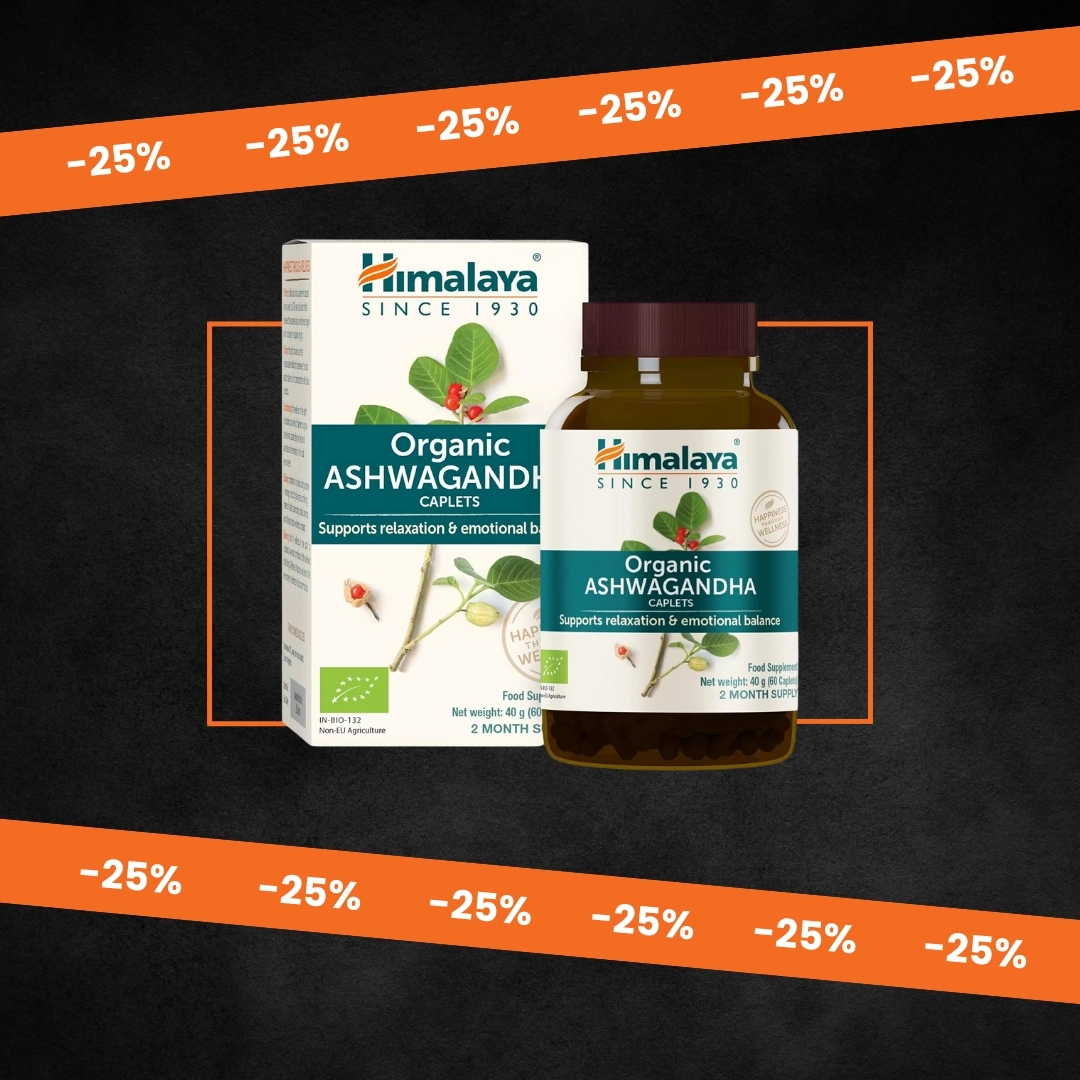


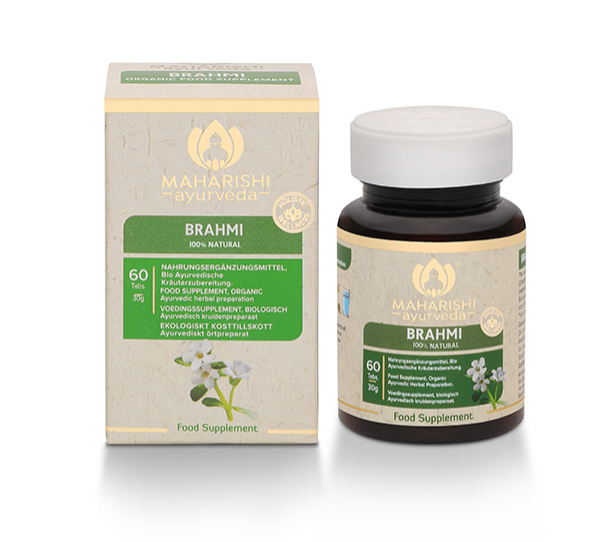
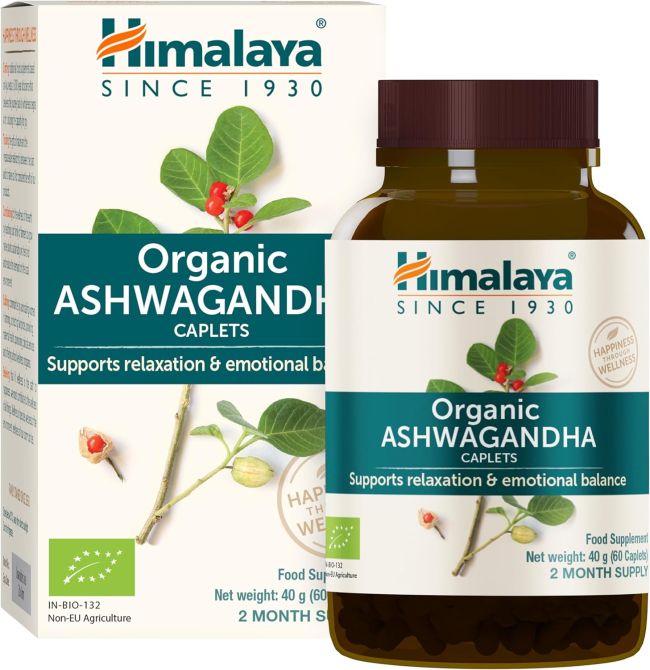
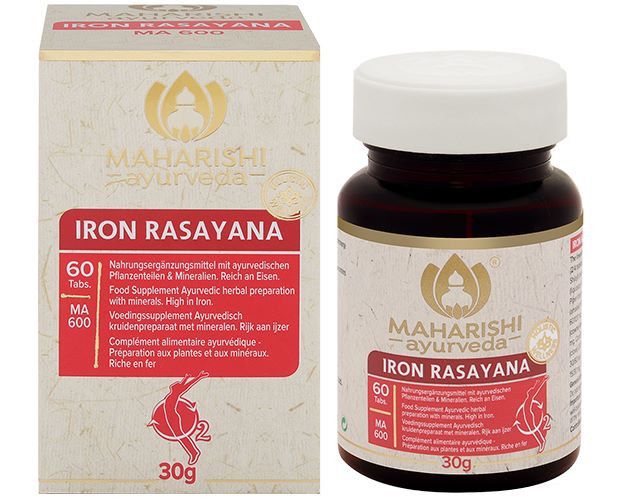

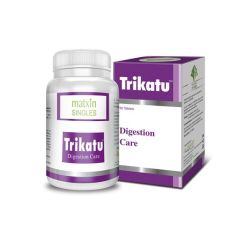

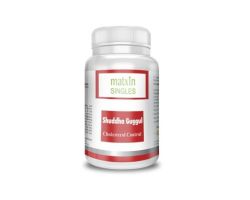
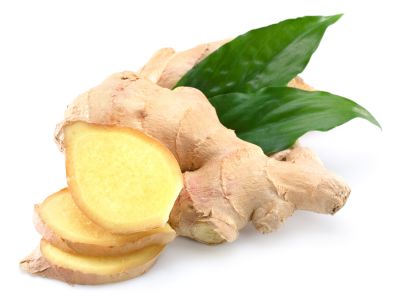






Post comment